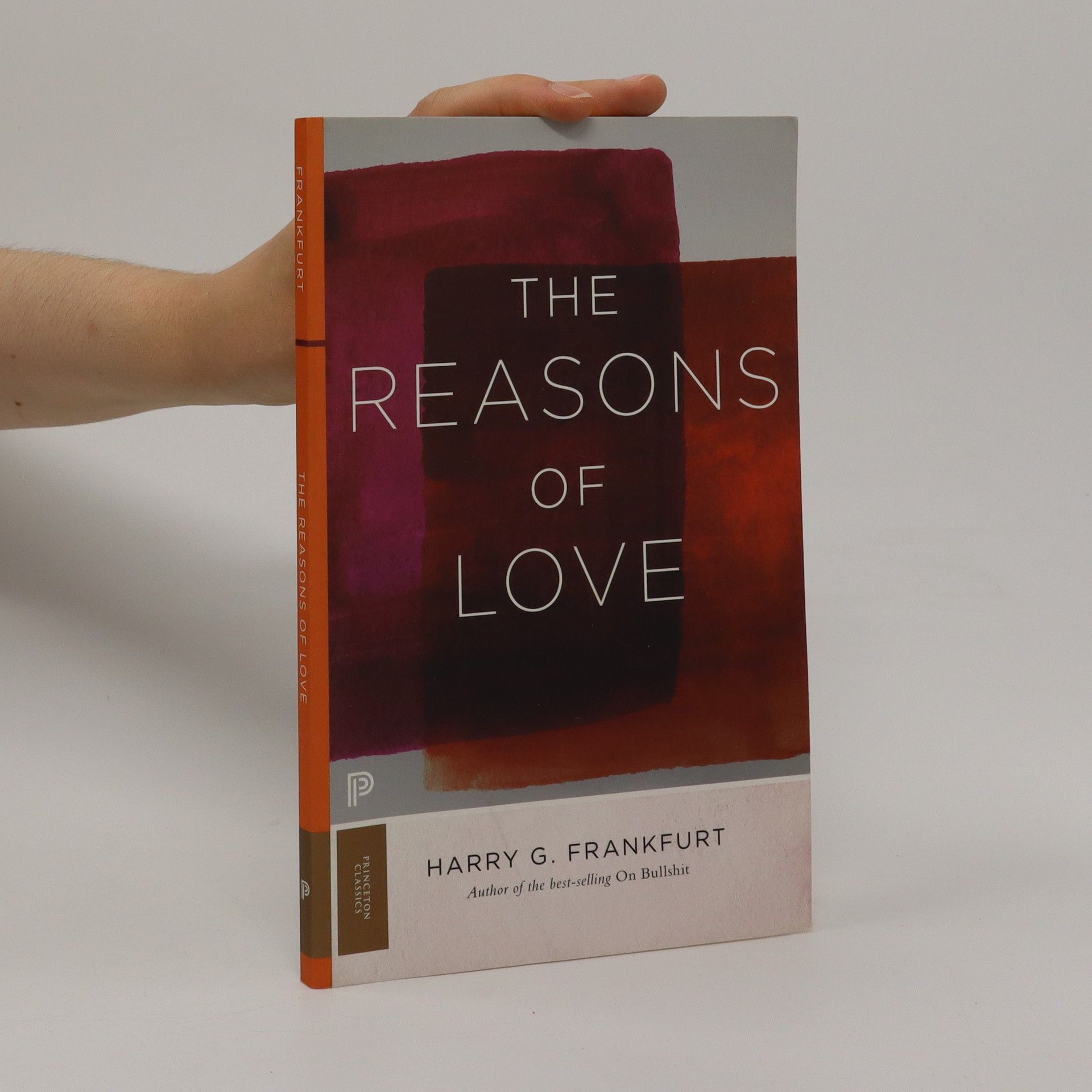The reasons of love
- 112bladzijden
- 4 uur lezen
A clear, accessible exploration of how and why we love by prominent philosopher and bestselling author Harry Frankfurt In The Reasons of Love, leading moral philosopher and bestselling author Harry Frankfurt argues that the key to a fulfilled life is to pursue wholeheartedly what one cares about, that love is the most authoritative form of caring, and that the purest form of love is, in a complicated way, self-love. Through caring, we infuse the world with meaning. Caring provides us with stable ambitions and concerns; it shapes the framework of aims and interests within which we lead our lives. Frankfurt goes on to explain that the most important form of caring is love, a nonvoluntary, disinterested concern for the flourishing of what is loved. And he contends that the purest form of love is self-love. This sounds perverse, but self-love—as distinct from self-indulgence—is at heart a disinterested concern for whatever it is that the person loves. The most elementary form of self-love is nothing more than the desire of a person to love. Insofar as this is true, self-love is simply a commitment to finding meaning in our lives.





